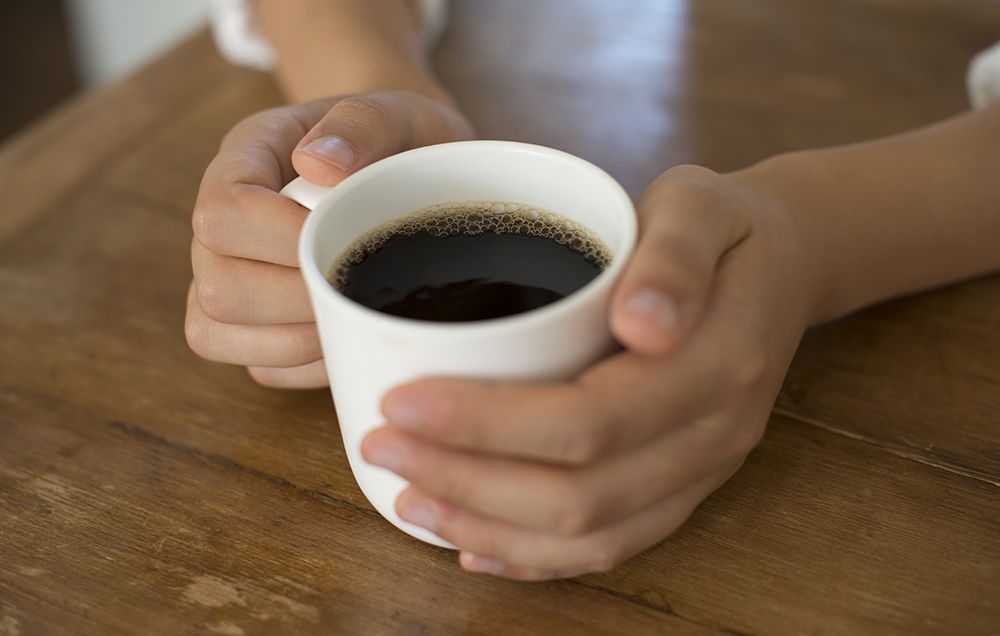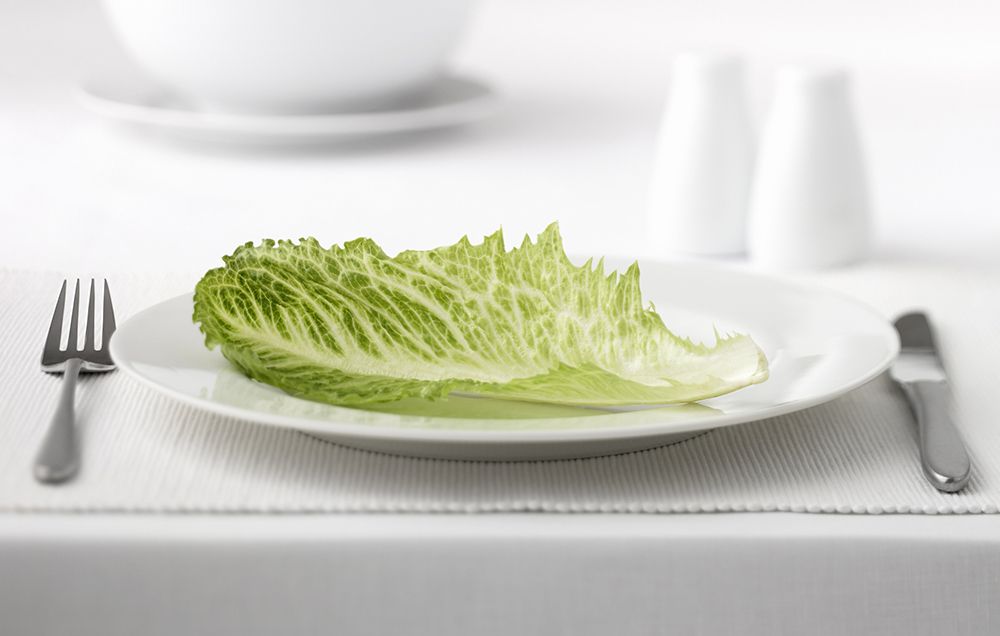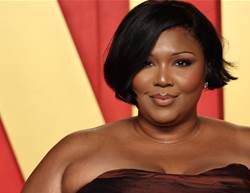You’ve heard the advice time and time again: If you're trying to lose weight, you should take in fewer kilojoules. But what some people may not realise is there's such a thing as eating too little for weight loss. It’s true, says nutritionist Lisa Young PhD—cutting too many kilojoules can actually slow down the weight loss process.
"Restricting kilojoules too much almost always backfires," Young says. There’s a reason for that: The body actually needs kilojoules to burn kilojoules. She points out that it's a lot like when you want to light a fire. You need to throw kindling in the fireplace to ignite it.
It’s important to think of food as a delicious, well-deserved pleasure, but it’s also your body’s kindling; it sparks your metabolism, making it possible to slim down. When you're eating enough, the body first uses food for fuel, then turns to the fat it's been holding onto for energy, Young says. But when you restrict kilojoules too severely, your body goes into "starvation mode," and then it starts to break down lean muscle tissue to hang onto its energy stores. Ultimately, this can slow metabolism, making it harder to lose weight.
Eating too few kilojoules also increases the stress hormone cortisol in the body, which not only can make it harder to shed kgs—it's unhealthy in a number of ways. Plus, overall, it's tough to stick to a super low-kilojoule diet, because that's not what keeps a body running well. All of that explains why it's possible to not eat enough for weight loss. Eating this way also saps so much of the pleasure out of your meals as well!
Each person's kilojoule needs are different, based on their activity level, goals, and gender, but overall guidance for adults is to consume 8700kJ (about 2000 calories) daily to maintain their weight, according to Health Direct, and eat 6300kJ (about 1500 calories) to lose between 0.5-1kg a week.
Once you dip too low in the amount of kilojoules you take in, it becomes difficult for your body to perform the basic biological functions that keep you healthy and energised. If you’re not certain that you're hitting the number that's right for you, here are a few signs that you may not be eating enough to lose weight.







Adam Gault/Getty Images
You think about food constantly.
When you find that you can't get through your afternoon to-do list because you're getting distracted dreaming about dinner, that's a sign that you may not be eating enough. To increase your intake of kilojoules and let you think about things other than food, reach for healthy snacks between meals. Young suggests pairing a protein-packed food with something rich in fibre. A small handful of nuts with a piece of fruit fits that nutritional bill (or try one of these healthy protein-packed snacks).
Adam Gault/Getty Images
You’re eliminating meals.
Skipping breakfast (or surviving on a breakfast of black coffee) and starving yourself until lunch is not the route to slimming down. And overall, if you cut out too much, psychologically you'll constantly feel deprived, Young says. She suggests having three meals, sticking with healthy sources of calories, like fresh produce, lean meats, healthy fats, and whole grains.
Adam Gault/Getty Images
You’ve stopped getting your period.
You shouldn't notice major changes in your cycle if you're losing weight at a healthy pace, Young says. However, when you don't eat a sufficient number of kilojoules, it can cause your period to become irregular. It may even stop menstruation altogether—likely because the body doesn't have enough fat to produce the sex hormones that trigger the menstrual cycle, research suggests. So keep an eye on your cycle if you're restricting kilojoules.
Adam Gault/Getty Images
You get awful headaches.
Your brain runs on the glucose found in your blood, and that glucose comes from the carbohydrates you eat. When you restrict your kilojoules and carbs too much, your brain will become energy-starved. Take notice if you're feeling shaky, dizzy, or light-headed—or getting otherwise unexplainable headaches—because these are signs you're not eating enough and your blood sugar has dropped too low. You may be able to stop those head-bangers by just adding more kilojoules and carbs to your diet —and this can help the pounds come off more rapidly, too.
RELATED: 7 Signs Your Headache Isn't Normal
Adam Gault/Getty Images
You keep hitting a “I’m so sleepy” wall during the day.
When you take in too few kilojoules over the course of a day, you may find that you just don't have the juice to keep going without getting sleepy or even just foggy. Having a couple of healthy snacks during the day, as well as three solid meals, is a great way to keep your blood sugar stable, as well as to keep yourself from feeling tired, deprived, and cranky.
Adam Gault/Getty Images
You’re super irritable.
If you've ever waited too long before eating lunch, you know what "hangry" means—that un-fun combo where hungry meets angry. The same thing can happen when you're restricting kilojoules too severely, Young says.
In fact, some research suggests acts of self-control (like keeping to a strict diet) are connected with angrier behaviour. If you're trying to shed kgs, you don't want to limit kilojoules so much that it sends your mood into a downspin.
Adam Gault/Getty Images
Meals leave you completely unsatisfied.
That tiny salad for dinner? Guaranteed, it will leave you feeling empty and wanting more. But if you fill the rest of your plate with whole grains, healthy fats, and a lean protein, you'll feel satisfied—and that's something you deserve to feel! Plus—and this is key— you'll load up on the nutrients your body needs, Young says. Portion control is not about tiny portions. It's about eating larger portions of healthy foods (like these 20 low-kilojoule salads that won't leave you hungry), and smaller portions of the less healthy stuff.







